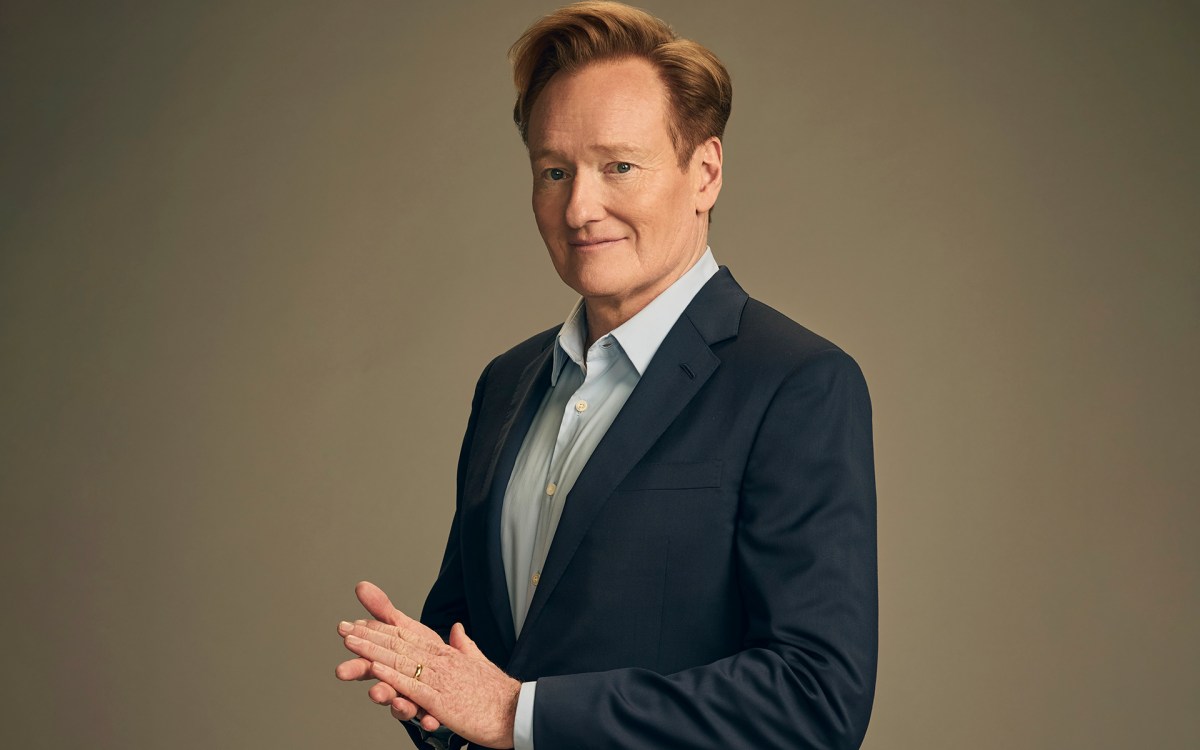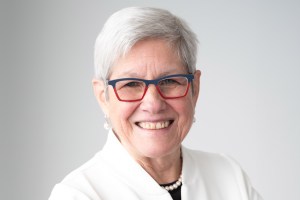Funding, political support critical for polio eradication
The 24-year international campaign to eradicate polio is “within striking distance of its goal,” but could become undone if obstacles to vaccination stall further progress, Jay A. Winsten, associate dean for health communication and Frank Stanton director for the Center for Health Communication, wrote in a Wall Street Journal op-ed on July 24, 2012. Emily Serazin, a principal in the Washington, D.C. office of the Boston Consulting Group, was co-author.
The World Health Organization this year removed India from the list of polio-endemic countries, a victory that involved 2.4 million volunteers administering vaccines to nearly 172 million children. Only three endemic countries remain — Pakistan, Afghanistan, and Nigeria.
Threats to the eradication effort include lack of political support and violence in some countries, and a $945 million campaign funding shortfall that has resulted in reduced vaccinations in some nations, including central and western Africa. “This leaves millions of young children at risk from infected individuals who may travel from endemic countries,” Winsten and Serazin wrote. “Since only 1% of the infected develop symptoms, these silent carriers pose a real danger. High vaccination rates in these countries are a must to prevent a resurgence of the disease.”




